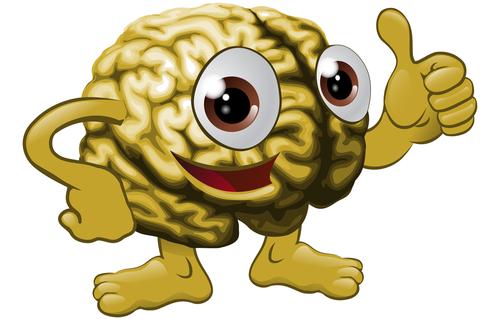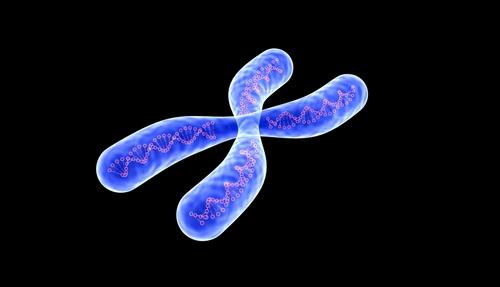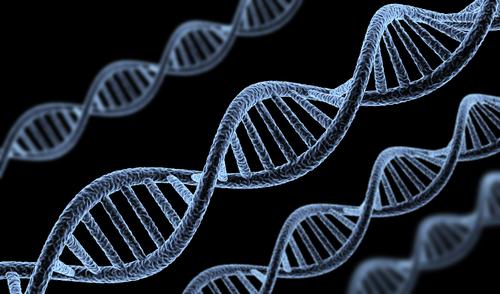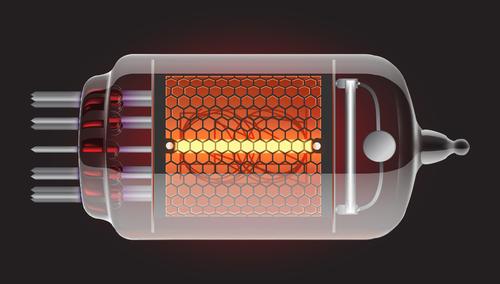Orion Jones
Managing Editor
Get smarter, faster, for success in the knowledge economy. Like us on https://t.co/6ZFWKpoKLi or visit https://t.co/d7r7dG2XOq
Previously thought to be simply the glue binding the brain’s neurons, glial cells have proven an important regulator of THC and therefore an important part of how conscious memory works.
The nation’s leading criminologist warns that rising global temperature seed the ground for crime. Threats to livelyhood and large-scale migrations help create deprivation and discrimination.
Researchers have found that adolescents who actively search for a personal identity are more likely to describe themselves in consistent and positive terms, reinforcing their values.
For college grads entering a thinner job market saddled with debt and older adults trying to return to the workplace after a long hiatus, training yourself to be optimistic could only help.
Will humans ever run 100 meters in under 9 seconds? Usain Bolt is the world’s best opportunity yet to see just how far our biological limits can be bent by training and nutrition.
Harvard medical researchers have discovered how some cancer cells develop resistance to targeted therapy treatments. The study concludes that a one-drug approach is insufficient.
A rare mutation on a gene long associated with Alzheimer’s seems to prevent the disease from forming. Scientists want to make a drug that mimics the specific mutation.
While eugenics is most certainly morally dubious, it simply does not work at a practical level. Any strategy to decrease genetic diversity in humans would make us less able to survive change.
The controversial biologist Craig Venter believes his team of scientists will create synthetic life within a year. Venter says the Earth’s booming population depends on such advancements.
Despite the triumph of the individual in Western culture, society still determines what love is and how it can be gotten. Unfortunately, our modern view of love is set up to cause us pain.
The culture of corruption that Penn State’s weighty football program created must either be dissolved or dedicated to healing the school’s wounds, which will mean fielding a losing team.
Scientists say the mood you are in is just as contagious as a cold. By imitating the emotions of others, we help form in-groups that confer evolutionary advantages on its members.
Sincerity, or the alignment of the inner-self with the outer-self, arose from religious movements that emphasized a modest and personal relationship with divine spirits.
Conservatives are more likely to be married and to subscribe to religion. On the other hand, they may also be less attentive to the world’s injustices and believe in free-market bliss.
Scientists at the University of Pittsburgh have successfully coaxed semiconductor electrons into vacuum tubes, preventing nano-sized collisions that slow down computing speeds.
Every media producer will need an automation strategy in the next two years, say companies who have created software that crunches numeric data into print-worthy prose.
An American company is developing applied neuroscience technology that will allow operators to read the thoughts of someone and then perhaps classify them as dangerous.
Harvard scientists have created a nanomaterial which regulates itself by adjusting to a host external stimuli like temperature, pH, pressure, and the presence or absence of certain chemicals.
A team of Ukrainian students have created sensory gloves which translate sign language, including its various regional dialects, into speech and also won a $25,000 prize for their invention.
The Hubble Space Telescope has found a series of tiny, old and pristine galaxies in our Milk Way’s neighborhood which will help scientists better understand how the early Universe evolved.
A new report compiled by nearly 400 scientists from 48 countries explains how climate change may have influenced certain individual weather events this year, from droughts to heat waves.
Scientists at the Large Hadron Collider will now attempt to create individual particles of dark matter. Meanwhile, University of Michigan scientists have observed new threads of the mysterious stuff.
MIT theoretical physicists are working to carry the structure of crystals, such as table salt, into the fourth dimension of time. The result could be a computer than runs infinitely into the future.
Beyond the esoteric physical findings of the Large Hadron Collider, discovering evidence of the Higgs boson represents a milestone for human reason and is, more generally, a celebration of life.
When most venture capitalist firms decide to invest, they’ve done months of meticulous research. Bucking the trend, Correlation Ventures has created predictive software to help.
The barriers between the digital world and our physical existence continue to fall but our language lacks the necessary vocabulary to describe the new reality that is emerging.
Every few months, it seems, we are given new reasons why the Internet is an all-encompassing vice or, alternately, society’s savior. But what really matters is how we use it.
That the average corporate employee sends and receives 105 emails per day is proof that our emailing habits are out of control. The medium causes us stress, say workplace researchers.
A new Congressional inquiry has found that 1.3 million requests were made by law enforcement officials last year for cellphone subscriber information, including geo-location information.
Boston, with its rich university resources and innovative start up incubators, stands to have the smartest creativity infrastructure in the world outside of Silicon Valley, says Dr. Boyd Cohen.





























